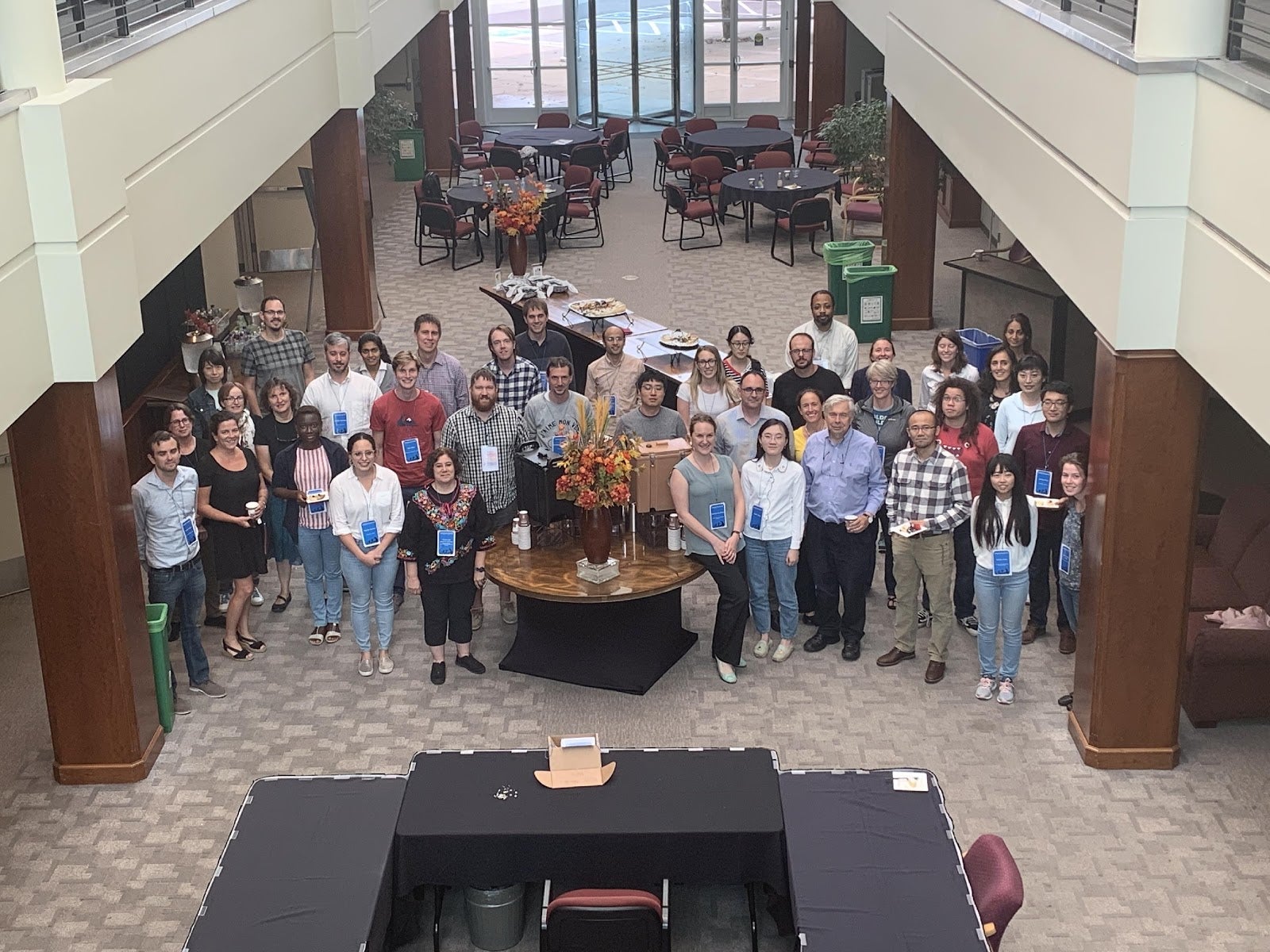FASCINATE Workshop
This year the ACOM Early Career Scientists planned and led the Frontiers of Atmospheric Science and Chemistry: Integration of Novel Applications and Technological Endeavors (FASCINATE) workshop, which took place at NCAR’s Center Green on September 9-12, 2019. The primary goal of the workshop was to aid in the bi-directional transfer of information among those that are pushing the boundaries of how we think about atmospheric composition and its impacts. During the workshop, the participants explored several frontiers that are pushing the boundaries of atmospheric chemistry. Themes included novel uses of satellite data, analysis techniques developed for processing of immense datasets, as well as a discussion of advances in related health impact studies. There was a special emphasis on techniques and research that bridge the gap between these themes to approach a number of seminar topics, including:
- How can we use novel combinations of satellite observations to improve predictability, surface air quality, and our knowledge of chemistry in general?
- How can we use algorithms and techniques suited to immense datasets to help improve model parameterizations and predictability or to analyze observational data from varying sources?
- What products do health professionals require to better assess the health impacts of atmospheric composition, and how can the atmospheric science community work to achieve this?
The workshop format involved oral presentations from invited speakers with expertise in the major themes, followed by panel-style question and answer periods for each session, which allowed for a more open, broader discussion on each topic. Workshop attendees were encouraged to present a poster on their current work during poster sessions in the afternoons.
Lastly a full-day Python tutorial was offered to FASCINATE workshop participants on the final day that included an introduction to using Python for atmospheric science applications for those less familiar with the language, followed by an introduction to performing machine-learning tasks with Python.
The workshop had approximately 85 attendees, approximately half of which were early career scientists. The workshop was very well received, and there is enthusiasm to make this a biennial workshop and to get more community involvement on planning and topics for 2021.
Contact
Please direct questions/comments about this page to:
Carl Drews
NSF NCAR | Research IT | ACOM
